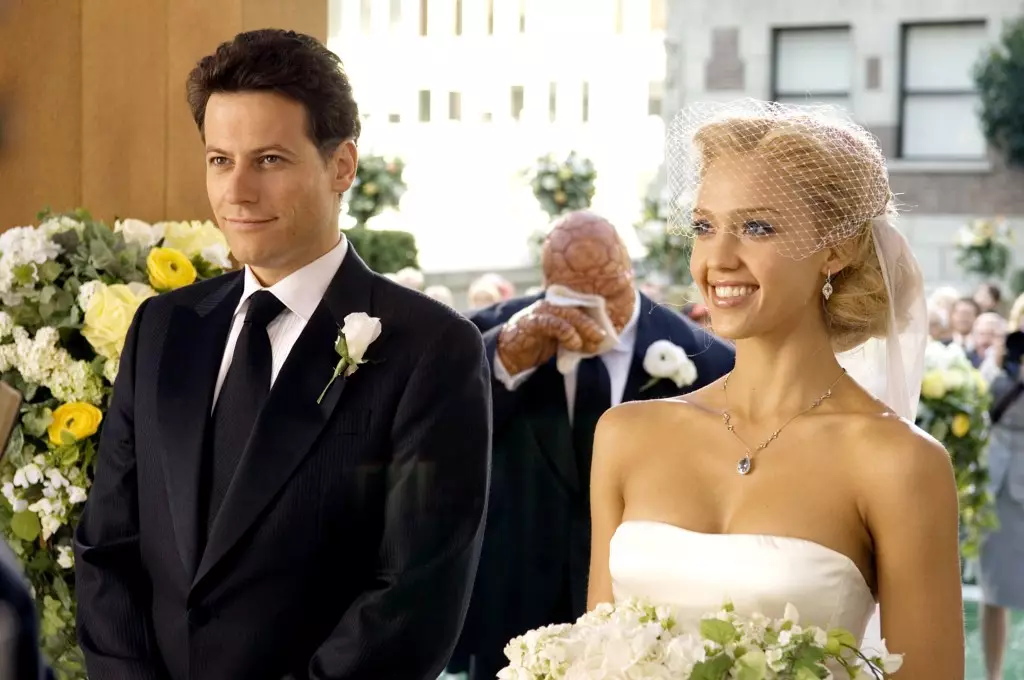The once-promising trajectory of the Fantastic Four franchise exemplifies how corporate decisions and shifting Hollywood paradigms can undermine genuine creative ambition. Ioan Gruffudd’s reflections underscore a crucial point: the original cast, the passionate team behind the scenes, and the fans all believed in a trilogy—a complete narrative arc that could have revitalized Marvel’s first family in the cinematic landscape. Instead, Hollywood’s penchant for rebooting and retooling diminished the franchise’s potential, leaving behind a trail of missed opportunities and frustrated aspirations. The initial two films, despite their modest successes—grossing over $300 million each—seemed poised for a grander future. Yet, corporate interests and franchise fatigue intervened, scuttling plans for a third installment that could have built on the foundation of its predecessors.
Institutional Indifference and Creative Dissonance
The decision to abandon a planned trilogy reflects a troubling trend in Hollywood’s approach to storytelling—one driven more by profit margins and franchise fatigue than artistic continuity. The studio’s choice to reboot the franchise in 2015 with Miles Teller and a different tone exemplifies this. Instead of nurturing the potential of the original cast and creative vision, the franchise was subjected to a jarring restart that failed critically and commercially. This pattern reveals an industry that often undervalues long-term narrative development in favor of quick cash grabs, thereby sacrificing the integrity of beloved characters. Gruffudd’s lamentation about losing the chance to revisit Reed Richards highlights a broader issue: actors invest emotionally in their roles, as does the audience. When studios abruptly change course, they diminish the connection between fans and their cherished heroes, resulting in disappointing narratives that lack depth and authenticity.
The Human Cost of Corporate Shortsightedness
Actors like Ioan Gruffudd speak candidly about their emotional connection to their characters—Gibson’s words about grieving the loss of a role reveal the personal toll of this industry’s recklessness. The artist’s investment in portraying Reed Richards extended beyond silhouette and dialogue; it became an embodied representation of hope, intellect, and heroism. When those opportunities are snatched away by corporate decisions, the human loss extends beyond financial considerations. It diminishes the cultural impact that these characters could have had if nurtured properly. The shift away from sustained storytelling harms not only artists but also the fans, who crave consistency, quality, and continuity—elements sadly missing from the franchise’s recent history.
A Hope for Reimagining, But Lingering Disillusionment
Despite the franchise’s rocky history, there remains a flicker of hope among fans and actors alike that someday, the Fantastic Four might find its rightful place in the Marvel Cinematic Universe. Gruffudd’s comments about his excitement for Marvel’s new take—and his acknowledgment of the franchise’s ongoing life—highlight a broader cultural nostalgia. However, his mention of not being approached for any future reprisals underscores a sense of alienation and disappointment. The idea that characters like Mister Fantastic have appeared briefly, without their original actors or narrative depth, further exemplifies Hollywood’s superficial handling of these beloved icons. While reboots may breathe new life into the franchise, they often do so at the expense of storytelling richness and emotional resonance—elements essential for truly impactful cinema.
The downfall of the Fantastic Four franchise is not merely a case of bad luck or poor execution. It is emblematic of a larger systemic flaw—an industry that values immediate gains over sustainable storytelling. The missed opportunity to craft a cohesive, multi-film saga was a mistake that might have cemented Marvel’s first family as cultural icons, rivaling other legendary teams. Instead, corporate interests and a fear of risk have led Hollywood down a path where characters become commodities, discarded when their potential is no longer deemed profitable. Moving forward, there is a moral and artistic imperative to prioritize storytelling over short-term profits, to honor both the artists who bring these characters to life and the fans who trust them. Only then can the true, transformative power of superhero narratives be fully realized.


Leave a Reply